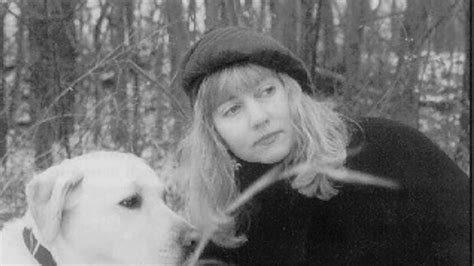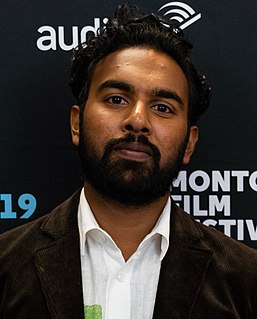A Quote by Thomas Chatterton Williams
I write a lot about race precisely because I don't believe it's real.
Related Quotes
I write because I have an innate need to. I write because I can't do normal work. I write because I want to read books like the ones I write. I write because I am angry at everyone. I write because I love sitting in a room all day writing. I write because I can partake of real life only by changing it.
I write about the power of trying, because I want to be okay with failing. I write about generosity because I battle selfishness. I write about joy because I know sorrow. I write about faith because I almost lost mine, and I know what it is to be broken and in need of redemption. I write about gratitude because I am thankful - for all of it.
Sometimes touring can warp reality because you're never in one place long enough to get a feel for it. You don't interact with people long enough to know what real life is. That's why a lot of artists write songs about longing and missing people when they're on the road. I do my best to keep my mind open and I read a lot when I'm on tour, so I hope I have good things to write about. I'm constantly in the songwriting process.
A lot of people think they can write poetry, and many do, because they can figure out how to line up the words or make certain sounds rhyme or just imitate the other poets they've read. But this boy, he's the real poet, because when he tries to put on paper what he's seen with his heart, he will believe deep down that there are no good words for it, no words can do it, and at that moment he will have begun to write poetry.
I write poetry to figure things out. It's what I use as a navigating tool in my life, so when there's something that I just can't understand, I have to "poem" my way through it. For that reason I write a lot about family, because my family confuses me and I'm always trying to figure them out. I write a lot about love, because love is continually confusing in all of its many glorious aspects.
There are places and spaces for black writers to write about race as a central thing. It's important. We're still dealing with the remnants of slavery. We're still dealing with racism on a daily basis. For me, I choose to write books about black people where we are normal. I was raised to believe that I deserve to be in a room just like anybody else. I try to write books like that.


































